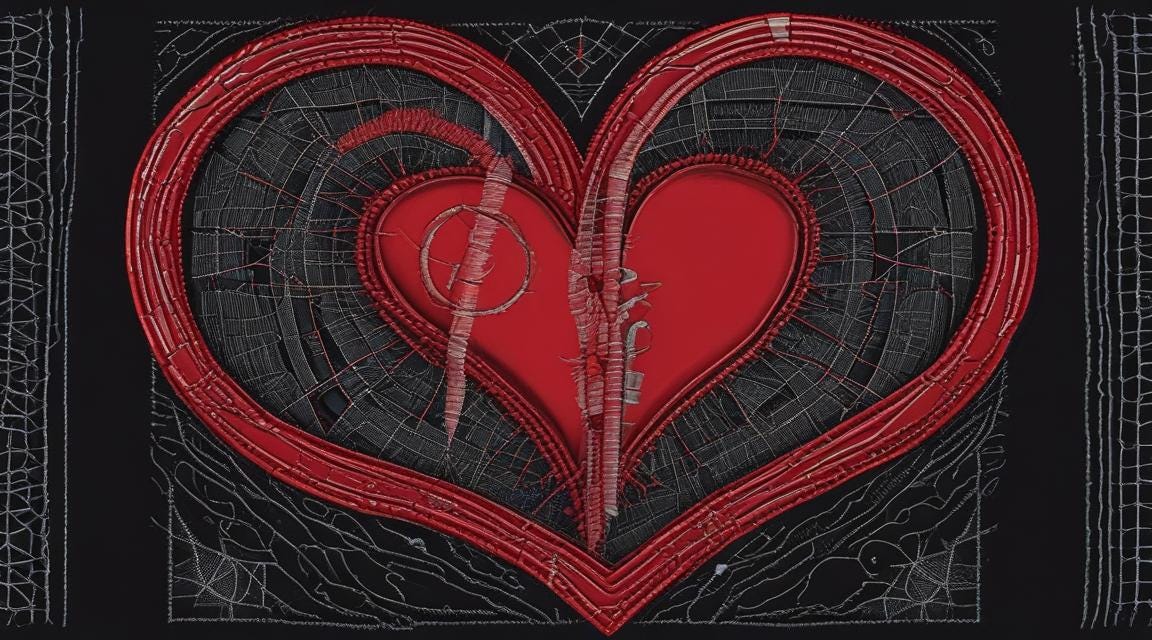In the tapestry of human emotions, forgiveness shines as a thread of extraordinary resilience and grace. It is the act of releasing resentment, anger, and the desire for revenge towards someone who has wronged us. Forgiveness is not merely forgetting or condoning the offense but rather choosing to move beyond it, acknowledging the pain caused, and embracing compassion and understanding.
The path to forgiveness is often fraught with challenges, as it requires us to confront our deepest vulnerabilities and let go of the negative emotions that bind us to the past. Yet, it is in this act of letting go that we find true liberation and the potential for healing and reconciliation.
Forgiveness begins with acknowledging the pain inflicted upon us. It is important to recognize the hurt caused by the offense and allow ourselves to grieve the loss or damage incurred. This process of acknowledgment may involve expressing our emotions, seeking support from loved ones or professionals, and engaging in self-reflection to understand the impact of the wrongdoing on our lives.
Once we have acknowledged the pain, we can begin to cultivate empathy and understanding towards the offender. This does not mean excusing their actions or minimizing the harm caused, but rather seeking to understand the underlying motivations or circumstances that may have contributed to their behavior. By recognizing their humanity and the potential for growth and change, we open the door to compassion and the possibility of reconciliation.
Forgiveness is not a one-time event but rather a process that unfolds over time. It requires patience, perseverance, and a willingness to confront our own limitations and biases. There may be setbacks along the way, moments of resurfacing anger or resentment, but with each step forward, we move closer to healing and inner peace.
The benefits of forgiveness are profound and far-reaching. It frees us from the shackles of resentment and anger, allowing us to reclaim our power and move forward with our lives. By letting go of the negative emotions associated with the offense, we create space for positive emotions such as compassion, empathy, and understanding. This shift in perspective not only benefits our own well-being but also opens the door to reconciliation and the restoration of relationships.
Forgiveness has been shown to have a positive impact on both our mental and physical health. Studies have found that individuals who practice forgiveness experience reduced stress, anxiety, and depression, as well as improved cardiovascular health and immune function. Forgiveness also fosters stronger relationships, enhances empathy and compassion, and promotes overall well-being.
While the act of forgiveness is primarily an internal process, it can also have a transformative effect on our external relationships. When we choose to forgive someone, we create the possibility for reconciliation and the restoration of trust. By communicating our forgiveness to the offender, we open the door to dialogue, understanding, and the potential for healing the wounds caused by the offense.
It is important to note that forgiveness does not always lead to reconciliation. In some cases, the relationship may be irreparably damaged or the offender may not be willing to acknowledge their wrongdoing or make amends. In such situations, forgiveness becomes an act of self-liberation, allowing us to move on from the past and create a future free from the burden of resentment.
Forgiveness is not always easy, especially when the offense is severe or the pain caused is deep. There may be times when we feel unable to forgive, and that is okay. It is important to respect our own emotional boundaries and seek support from loved ones or professionals if needed. Forgiveness is a personal choice, and there is no right or wrong timeline for healing.
In conclusion, forgiveness is a powerful force that has the potential to heal wounds, transform relationships, and promote overall well-being. It is a journey that begins with acknowledging the pain caused by the offense, cultivating empathy and understanding towards the offender, and ultimately choosing to let go of resentment and anger. The benefits of forgiveness are profound and far-reaching, impacting our mental and physical health, our relationships, and our overall sense of peace and well-being. While forgiveness may not always be easy, it is a choice that empowers us to reclaim our power, move beyond the past, and create a future filled with hope, compassion, and understanding.





Hi
Loved the post. So timely.
I don't know if you remember but I've been taking classes the past 3 years with the Nyingma Institute in Berkley..Our
Buddhist Studies are with Tarthang Tulku books.
This past Monday we had our last class before Summer Break.
Our discussion was about forgiveness. I enjoyed your post. It blended well with the teachings on Monday.
Much love
Bonnie
A mission of healing.